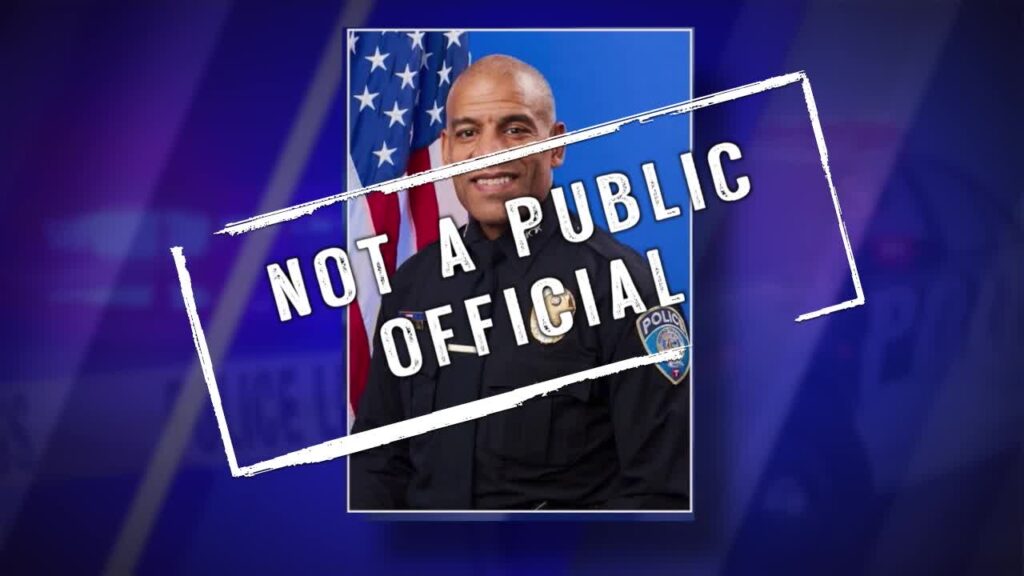‘Loophole’ allows Metro Transit to keep records hidden on former chief’s departure
When the former Metro Transit police chief abruptly left while under investigation earlier this year, the public demanded answers.
While sources told 5 EYEWITNESS NEWS there were multiple complaints, Ernest Morales III created a toxic work environment, the Metropolitan Council has never publicly acknowledged why he left and likely never will.
Ernest Morales III was the face of public safety on trains and buses for the largest planning organization in the state. Since he barely lasted a year and a half, questions swirled about what led to his departure.

State law says all records relating to an internal investigation or complaint against a public official become public if that official leaves while under investigation.
But, according to the Metropolitan Council, the organization operating Metro Transit, that law does not apply.
“Morales is not a ‘public official,’” said George Henry, Associate General Counsel for the Met Council in a letter to 5 EYEWITNESS NEWS.
The organization did not make Chair Charlie Zelle available for an interview.
Henry’s justification leans on the definition of a public official in state law – which includes a long list of what you might expect, including the heads of state agencies, boards, and commissions.
According to its interpretation, the police chief at Metro Transit does not fit into any of those categories. That means the public will likely never see the records about the complaints against Morales and the investigation that followed.
“For them to claim that he’s not a public official is, on its face, laughable,” said State Sen. Scott Dibble (DFL-Minneapolis), the chair of the Senate Transportation Committee and longtime critic of the Met Council.
The Department of Administration’s Data Practices Office, which offers guidance during disputes over public records, reviewed the matter and told 5 INVESTIGATES it was likely an “oversight” in state law that would require a “legislative fix.”
Dibble plans to introduce a bill next session but argues the spirit of the law is crystal clear.
“He’s, of course, a public official,” Dibble said.

What complicates this issue is the unique nature of the Met Council.
It’s technically defined as a political subdivision, not a state agency. Experts say that creates different guardrails under state law.
“Met Council is a peculiar beast. It operates in a very different way from most other governmental entities in the state,” said Jane Kirtley, a Silha Professor of Media Ethics and Law at the University of Minnesota.
“I can’t get into the heads of the people that drafted this law decades ago,” she said. “I’d like to think, though, that they simply didn’t quite realize that they had created this loophole in their definition of what constituted a public official.”
The Met Council is no stranger to criticism over transparency.
In March 2023, Judy Randall, the legislative auditor, called out the organization directly in a report about cost overruns with Southwest Light Rail.
“The Metropolitan Council was not as forthcoming as most state agencies are when we come calling,” she said during a hearing at the Minnesota Capitol.
When cracks appeared at the condo buildings during the construction of that project, the Met Council hired an engineering firm and then refused to release its taxpayer-funded report.
The Met Council told 5 INVESTIGATES: the data is a “highly technical expert work product” that “likely will not be meaningful to the public.”
“Time and time and again, cover-up, mislead, delay,” Dibble said.